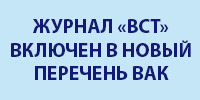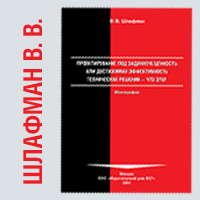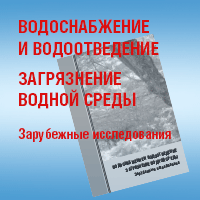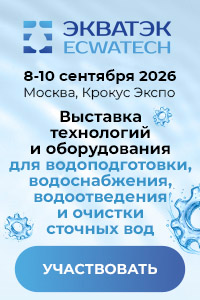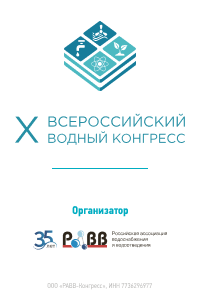№2|2021
WATER QUALITY CONTROL
DOI 10.35776/VST.2021.02.01
UDC 628.1.033:658.562
Multilevel water quality control system in the public water supply system of Saint-Petersburg
Summary
The issues related to the arrangement of the drinking water quality control, including in-process monitoring, in accordance with the current sanitary and sectorial regulations are touched upon. The experience of SUE «Vodokanal of St. Petersburg» in developing production control programs, selecting control points in the distribution network with account of the risk assessment in case of water quality deterioration at the consumer’s tap, is presented. Initiatives for including into the statutory regulations on the arrangement of production control, the mandatory use of automated water quality control systems for the main indicator values (temperature, turbidity, color, pH, total organic carbon, residual chlorine) are outlined. The amendments will provide for improving the efficiency of the water supply system management, responding promptly to the changes in water composition, and continuously monitoring the state of the system sustainability with the transition to digital technologies («smart water utility»).
Key words
centralized water supply , laboratory tests , in-process monitoring water quality and safety , automated systems of the water quality control , instruments-analyzers for online water quality monitoring
The further text is accessible on a paid subscription.
For authorisation enter the login/password.
Or subscribe
REFERENCES
- Moskvin L. N., Moskvin A. L. [Flow-through methods – general principles of chemical analysis automation]. Rossiiskii Khimicheskii Zhurnal, 2005, v. 49, no. 2, pp. 11–14. (In Russian).
- Nefedova E. D., Hiamialiainen M. M., Kovzharovskaia I. B., Shevchik G. V. [Risk-oriented approach to the arrangement to the water quality control]. Vodosnabzhenie i Sanitarnaia Tekhnika, 2018, no. 3, pp. 5–9. (In Russian).


